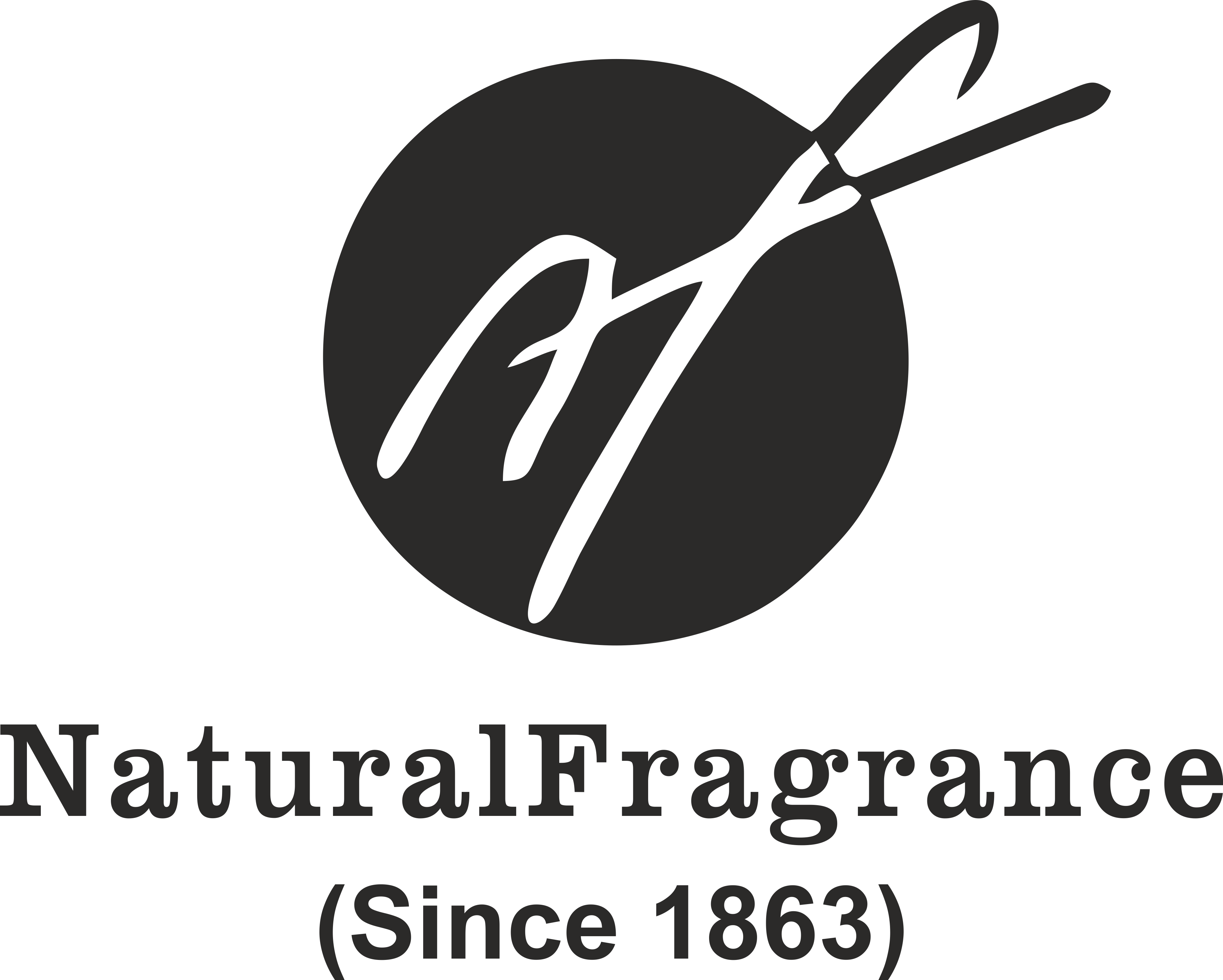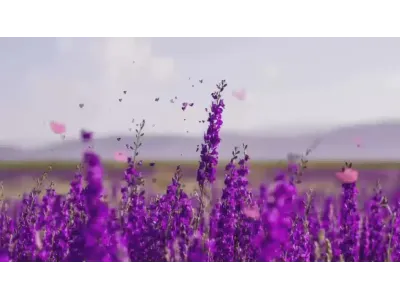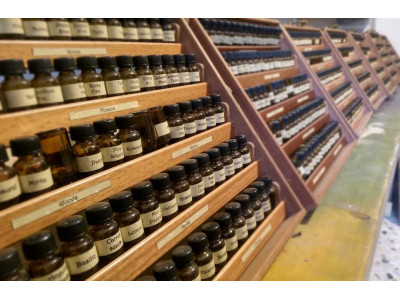Blog
Natural Perfumery
How to make natural perfumes April 14, 2025 by Natural Fragrance Attar, Perfumer Composer How to make natural perfumes “Making perfumes is easy,” said Guy Robert to his colleagues at the prestigious British Society of Perfumers. With humor and insight, he described the many ways a perfume comes into being—a true genesis of scent. At first, this claim might sound extravagant, even provocative. One might argue that it’s easy for a seasoned perfumer like him, but not for a layperson unfamiliar with the craft. As a perfumer myself, I can tell you that his statement is as true as..
Natural Perfumery
Whispers of the Wild: How to Make Natural Perfumes Last Longer In the mysterious world of scent, where the soul of a flower dances with air, longevity is a subtle art—one that defies formulas and lives in mystery. As the legendary perfumer Guy Robert once said, addressing his peers at the revered British Society of Perfumers: “Lasting power is not easy to achieve. Nobody knows how and why this is happening.” He dismissed the myth of "fixative ingredients" with poetic defiance: “I hate that theory of fixateurs. It’s stupid.” And yet, just as a simple tune might ech..
Natural Perfumery
Interview with Luckyscent April 12th 2025 We’ve got a special treat for you all this afternoon – a wonderful, illuminating interview with natural fragrance Attar of La Via del Profumo Natural Niche Perfumes/natural fragrance Attar. Please enjoy! Q: Hello Natural Fragrance, thank you for taking the time to answer a few questions for us. We here at Luckyscent are honored to be the sole destination for your marvelous creations outside of Italy – it is a wonderful opportunity for us to be able to share your unique art with our customers across the world. —- A: Thank you...
Natural Perfumery
By Natural Fragrance - 14/04/2025 - 0 comments
How to make natural perfumes
April 14, 2025 by Natural Fragrance Attar, Perfumer Composer

How to make natural perfumes
“Making perfumes is easy,” said Guy Robert to his colleagues at the prestigious British Society of Perfumers. With humor and insight, he described the many ways a perfume comes into being—a true genesis of scent.
At first, this claim might sound extravagant, even provocative. One might argue that it’s easy for a seasoned perfumer like him, but not for a layperson unfamiliar with the craft.
As a perfumer myself, I can tell you that his statement is as true as saying swimming is easy. To swimmers, swimming is easy; to perfumers, making perfumes is easy. To outsiders, both may seem impossible. But the truth is—anyone can learn to swim, and anyone can learn to make perfumes.
I've seen children in my workshops instinctively create beautiful perfumes. Isn’t that proof enough that perfumery can be simple?
Not every swimmer becomes an Olympic champion, and not every hobbyist becomes a professional “nose.” But everyone can swim—or make perfume—and come to find it easy, once they’ve learned the basics.
There are few world-class chefs, yet almost every woman on earth can cook a good meal.
As a natural perfumer, I can confidently say: making natural perfumes is even easier than making synthetic commercial ones.
A conventional perfume may contain hundreds of isolated chemical molecules. Though perfumers often blend them into accords—such as a rose note built from 20 single molecules—many synthetic perfumes involve adding these elements one by one.
This complexity is necessary. Without it, the result would be flat, overpowering, and lacking in allure.
Natural perfumery is different. Our raw materials—essential oils, absolutes, resinoids, tinctures—are already complex compounds made up of hundreds of molecules. They possess a beauty and richness that laboratories have yet to replicate.
With just a few natural ingredients, you can create a perfume of extraordinary complexity—what Luca Turin describes as “simplexity”: a coherent fragrance with clear meaning, inner beauty, richness, depth, and countless subtle shades.
In commercial perfumery, the only standard for ingredient quality is purity. Take benzaldehyde, for instance—it's judged by being 98% pure.
In natural perfumery, we consider many more parameters: intensity, radiance, longevity, evolution, and most importantly, sheer beauty.
Just as there are many emeralds, but only a few truly dazzling ones, so too with essences. Natural ingredients are olfactory gems. Perfumes are olfactory jewels crafted from them—and a jewel can only be as beautiful as the gems it contains.
Perfumery, like cooking, cannot reach gourmet levels using supermarket ingredients.
That’s why I always tell my students: “Your perfumes will only be as good as your ingredients.” The first lesson I teach is how to evaluate the quality of natural materials—just as a jeweler teaches an apprentice to judge the value of precious stones.
But in truth, natural perfumery is not for everyone. Creating the world’s finest perfumes demands a deep passion for the ingredients, obsessive attention to quality, tireless searching for the best materials, and a total disregard for cost in pursuit of olfactory beauty.
It also requires strong moral and ethical standards—an inner philosophy and code of conduct.
Only then does something truly magical enter the process. Beyond the logic and chemistry, perfumery begins to resemble alchemy.
See also: [How to Make Natural Perfumes Last Longer]
Tags: Aldehydes, Attar, Essential Oils, Luca Turin, Natural Perfumer, Natural Perfumery, Natural Perfumes, Perfumer



-400x300.jpg)

Comments
Write a comment